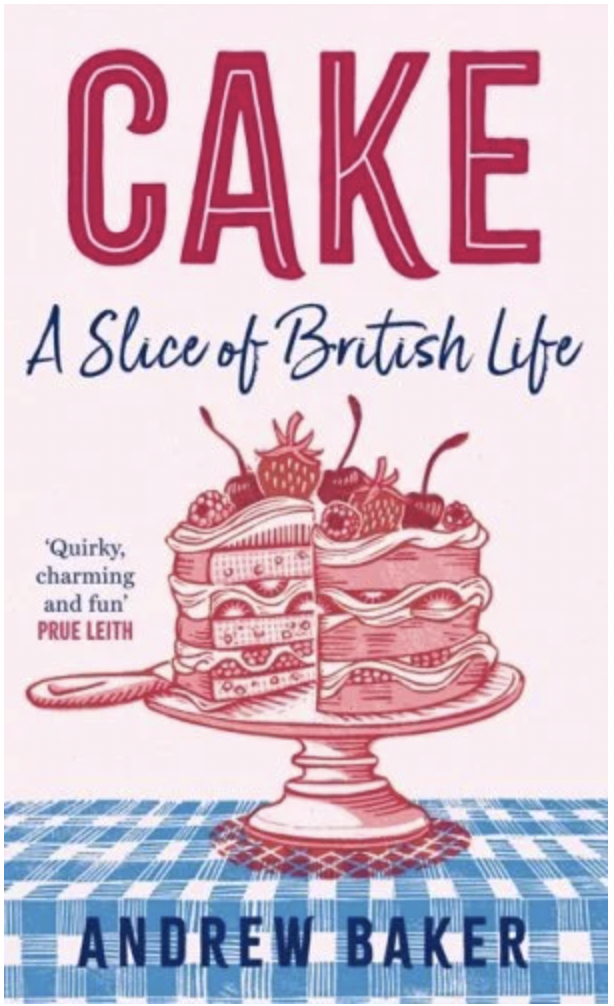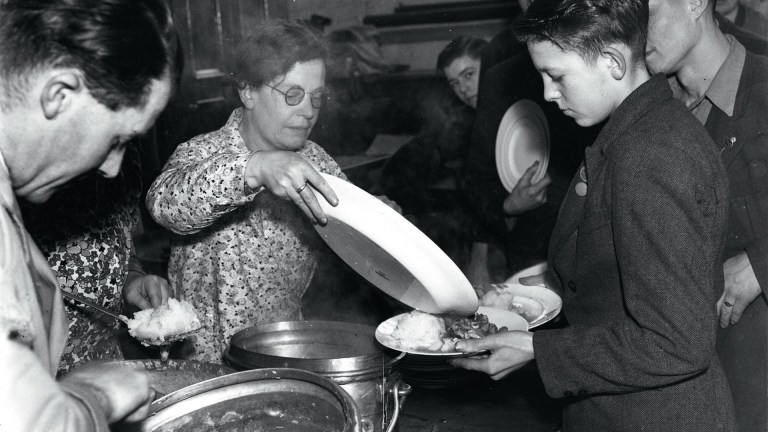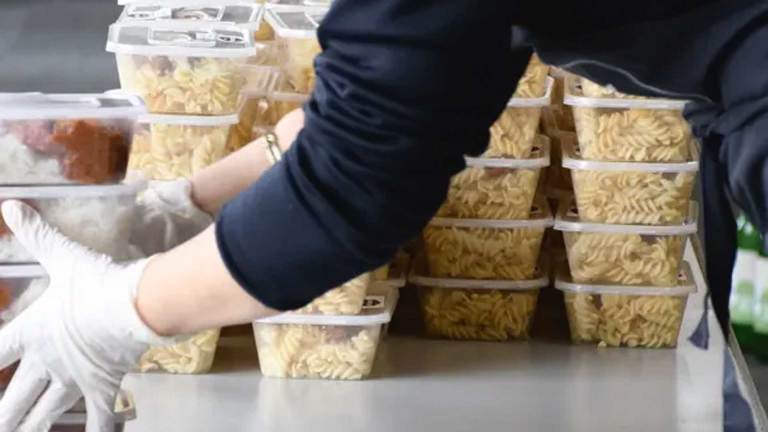The invention of sponge – 1600s
Sponge cake is first recorded in the works of the Italian renaissance chef Bartolomeo Scappi, and the first recipe in English for something that we would recognise as sponge cake was published by Gervase Markham in 1615, though he didn’t call it that. The early sponge cakes were not the light, fluffy creations we know today, but much denser affairs, perhaps most like a modern sponge finger. This is because until the invention of baking powder – see below – all the bubbles in sponge had to get there through the effort of the cook and their beating arm. The first mention of sponge cake recorded by the Oxford English Dictionary comes from a letter of 1808 – from Jane Austen to her sister Cassandra.
Wedding cake – 1700s
This traditionally took the form of fruit cake – like the medieval great cake – and was increasingly adorned with marzipan and, later, with sugar icing as the price of that commodity fell, at least in part due to the widespread employment of slaves on sugar plantations from the 17th to 19th centuries. Giant multi-tiered cakes were popular among European and British royalty and were copied by the middle classes.
Christmas cake – 1800s
Cheap sugar allowed for the creation of special cakes not only for weddings but for annual feasts, such as Twelfth Night, the traditional Christmas celebration. The Victorians were mad keen on Twelfth Cake – a giant iced fruit cake – and Charles Dickens, the great populariser of the sentimental Christmas, was a big fan. In time the Twelfth Cake evolved into the Christmas cake we know now.
Victoria sandwich and the Battenberg cake – 1800s
Two cakes exemplify the huge influence of Queen Victoria on national life, through the longevity of her reign, the prosperity of her empire, and the growth of photographic technology that allowed her subjects to see the style in which she lived – and ate. The Victoria sandwich was devised by royal chefs as a safe teatime treat for her children – no fruits or nuts to choke on – and even the jam filling was sieved to remove seeds. The Battenberg cake was named for her great-grandson-in-law, Prince Louis of Battenberg, who married her grand-daughter (also called Victoria) and went on to lead the Royal Navy – until Britain went to war with Germany, where he had been born.
The 19th century is also notable for the invention of baking powder by Alfred Bird, a Birmingham chemist, which took all the effort out of making a sponge cake. Mr Bird would also invent Bird’s custard powder – both innovations were inspired by his wife’s food intolerances.
Mini Rolls and Colin the Caterpillar – 1900s
Of course the industrialised 20th century created many more cakes than these, but they are typical of the advance of the supermarket, and baking on an industrial scale. The mini-roll was invented in 1962, and has thus been fuelling infants (and their sneaky parents) for more than 60 years, while Colin the Caterpillar was launched by Marks & Spencer in 1990. M&S has since sold more than 15 million of the chocolate-roulade invertebrates and seen off many challenges from jealous rivals.
Cupcakes and The Great British Bake-Off – 2000s
The cupcake was essentially invented when the first cook made an unusually small sponge cake, and we can’t really put a date to that. But we can identify when they were first commercially produced – in 1919, by the US company Hostess (they would later give the world Twinkies, Ho Hos, Ding Dongs and Zingers). In the 1970s the British cupcake was a sad thing in a corrugated paper cup called a fairy cake, usually decorated with thin icing and a sprinkling of hundreds-and-thousands – gritty multicoloured sugar strands.
All that changed with an episode of Sex and the City in July 2000, when Sarah Jessica Parker’s character Carrie Bradshaw bit into a lush, delicious cupcake outside the Magnolia Bakery in New York. Cupcake mania was born. Actually, it was already underway in the US, but SATC helped it to take off in the UK.
Another 21st century cake innovation, one which has probably had a more beneficial effect on our national baking culture, is The Great British Bake-Off, which first aired on 17 August 2010 and is now enjoying its 14th series of multicultural, multigenerational and almost entirely wholesome fun.
Cake: A Slice of British Life by Andrew Baker is out now (Mudlark, £16.99).
You can buy it from The Big Issue shop on Bookshop.org, which helps to support The Big Issue and independent bookshops.
This article is taken from The Big Issue magazine, which exists to give homeless, long-term unemployed and marginalised people the opportunity to earn an income. To support our work buy a copy!
If you cannot reach your local vendor, you can still click HERE to subscribe to The Big Issue today or give a gift subscription to a friend or family member.
You can also purchase one-off issues from The Big Issue Shop or The Big Issue app, available now from the App Store or Google Play











